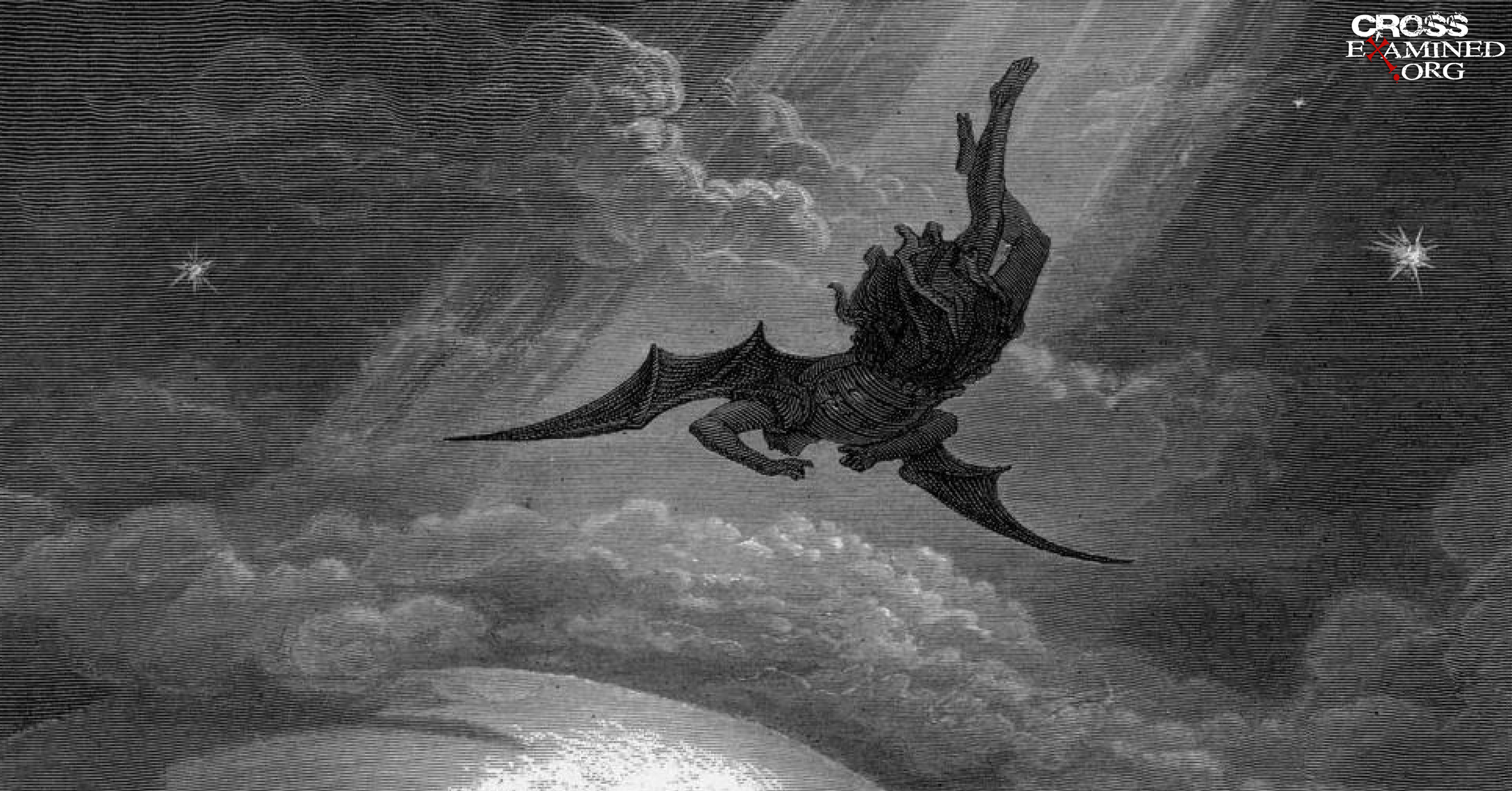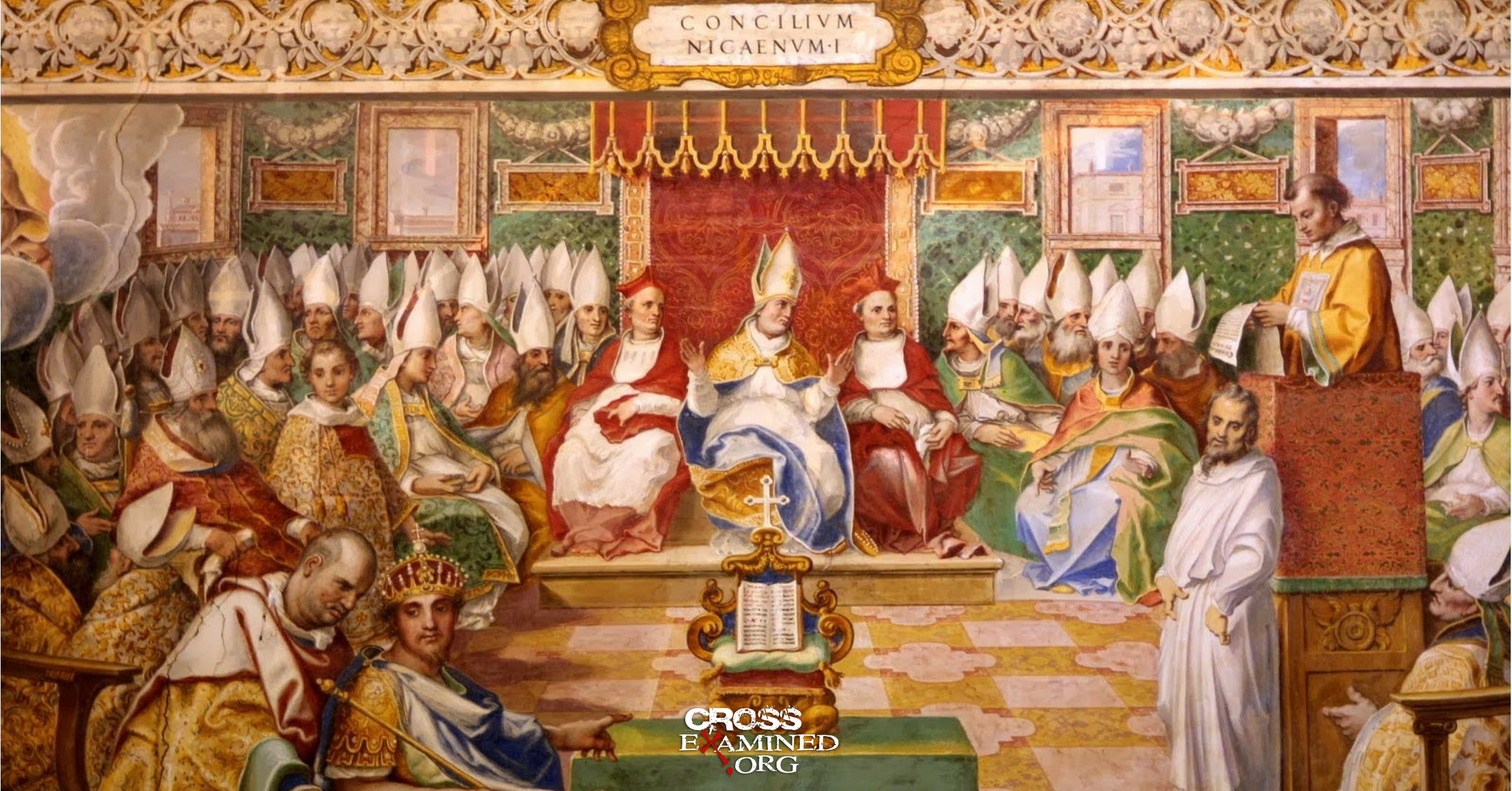By Ryan Leasure
Is it true the New Testament documents weren’t Scripture until the fourth century? That is, the books weren’t authoritative until church councils conferred authority upon them? Liberal scholars make this suggestion since it removes any supernatural explanation for the New Testament canon. To them, a scriptural authority can be explained merely on human terms.
Some of our Roman Catholic friends make a case for the fourth century also, but for other reasons. For them, ultimate authority resides in the church. Therefore, without the church’s stamp of approval, the New Testament wouldn’t carry any authority.
But is this an accurate representation of the New Testament documents? Were they not Scripture until the church pronounced authority on them in the fourth century? In order to answer this question, we need to look at how the early church viewed these documents.
Fourth Century Church Councils
For starters, let me say that no fourth-century councils gave authority to the New Testament documents. The Da Vinci Code was wrong when it said that the Council of Nicea (AD 325), under the direction of Constantine, formed the New Testament canon. The Council of Nicea had nothing to do with the canon.1
In fact, we have no church-wide council from the fourth century that determined which books should be included in the New Testament canon. What we have are; instead, regional church councils affirming the books which had already functioned as Scripture for the church. In other words, these church councils didn’t grant authority to any New Testament books. Rather, they merely recognized which books were already authoritative. This distinction is crucial.
Perhaps you’re wondering what took so long? Why didn’t the church make a list much earlier? One explanation is that for the first three centuries, Christianity was, for the most part, an illegal religion which faced ongoing persecution. In fact, in AD 303, Emperor Diocletian ordered all Christians to sacrifice to the pagan gods or else face imprisonment or extermination. Moreover, he ordered them to hand over all their Scripture to be burned.
For these reasons, the church couldn’t organize empire-wide councils to affirm the New Testament canon. Furthermore, they couldn’t circulate their books lest the Roman officials confiscate them. Once Constantine legalized Christianity in the fourth century, the church could disperse their books freely. At this juncture, all the churches had exposure to the various documents, and therefore, affirmed the authority of the twenty-seven books.
Second Century Church Leaders
The church’s affirmation of the New Testament canon in the fourth century, however, didn’t come in a vacuum. Christians had long viewed these books as authoritative. In fact, a number of second-century leaders affirm the New Testament’s authority in their writings.
Irenaeus (Ad 180)
More than any other church father, Irenaeus addresses canonical issues. For example, he declares that among the many so-called gospels, only four of them carry authority. He writes:
It is not possible that the gospels can be either more or fewer than the number they are. For since there are four zones of the world in which we live and four principle winds.2
Irenaeus elsewhere indicates why these four gospels, and none other, are canonical. He affirms the four Gospels’ because they alone are backed by apostolic authority, while the others were written by second century Gnostics. Given that he was a disciple of Polycarp who knew the apostle John personally, his knowledge of their authorship carries significant weight.
Theophilus Of Antioch (Ad 177)
As bishop of Antioch, Theophilus equates the Old Testament prophets with the Gospels in his writings.
Concerning the righteousness which the law enjoined, confirmatory utterances are found both with the prophets and in the Gospels, because they all spoke inspired by one Spirit of God.3
Not only does he elevate the Gospels on par with Old Testament Scriptures, Theophilus affirms divine inspiration for the Gospels.
Justin Martyr (Ad 150-160)
Justin Martyr, writing earlier than Irenaeus and Theophilus, addresses the Gospels or the “memoirs” of the apostles on several occasions. On one instance, he talks about their role in worship.
And on the day called Sunday, all who live in cities or in the country gather together to one place, and the memoirs of the apostles or the writings of the prophets are read, as long as time permits; then, when the reader has ceased, the president verbally instructs, and exhorts to the imitation of these good things.4
This quote speaks volumes. Justin indicates that the early church thought so highly of the Gospels that they included them into their worship service right alongside the Old Testament Scriptures.
Polycarp (Ad 110)
Polycarp was a student and companion of the apostle John. In one of his writings, he explicitly designates Paul’s writings as Scripture when he states:
As it is written in these Scriptures, “Be angry and do not sin and do not let the sun go down on your anger.”
Writing early in the second century, Polycarp quotes from Ephesians 4:26 and calls it Scripture — long before the fourth-century councils.
A number of other early sources — Ignatius, Clement of Rome, and the Epistle of Barnabas — discuss the New Testament canon as well.
The New Testament Writers
So far, we’ve determined that the second-century church regarded the New Testament writings as authoritative Scripture. But can we go back even further? I believe we can by looking at the New Testament writings themselves.
2 Peter 3:15-16
Bear in mind that our Lord’s patience means salvation, just as our dear brother Paul also wrote you with the wisdom that God gave him. He writes the same way in all his letters, speaking in them of these matters. His letters contain some things that are hard to understand, which ignorant and unstable people distort, as they do the other Scriptures, to their own destruction.
In this text, Peter equates Paul’s writings with the Old Testament Scriptures.
1 Timothy 5:18
For Scripture says, “Do not muzzle an ox while it is treading out the grain,” and “The worker deserves his wages.”
In this passage, Paul quotes Deuteronomy 25:4 “Do not muzzle an ox while it is treading out the grain,” and Luke 10:7 “The worker deserves his wages,” and calls them both Scripture. In other words, Luke’s Gospel was on the same authoritative level as the Old Testament.
1 Thessalonians 2:13
In this letter, Paul gives the impression that he is consciously aware that his writings carry authority from God.
And we also thank God continually because, when you received the word of God, which you heard from us, you accepted it not as a human word, but as it actually is, the word of God, which is indeed at work in you who believe.
Scripture From The Beginning
Contrary to the skeptic and the Catholic view, the New Testament writings carried Scriptural authority from the time of their composition. New Testament scholar N. T. Wright argues that the authors “were conscious of a unique vocation to write Jesus-shaped, Spirit-led, church-shaping books, as part of their strange first-generation calling.”5 Since these books were authoritative from the very beginning, the fourth-century councils in no way granted authority to them. Rather, they merely recognized their already existing authority — an authority they had since the first century.
Ryan Leasure holds an M.A. from Furman University and an M.Div. from the Southern Baptist Theological Seminary. He currently serves as a pastor at Grace Bible Church in Moore, SC.
Original Blog Source: http://bit.ly/2OW5UAc











